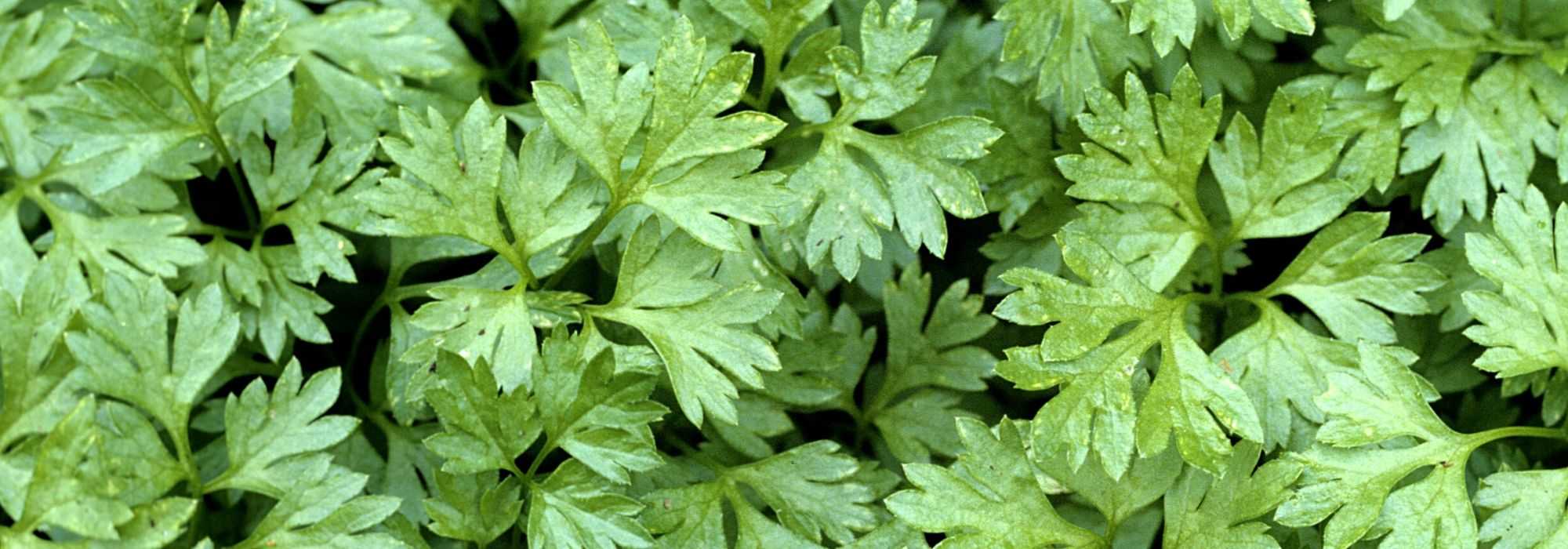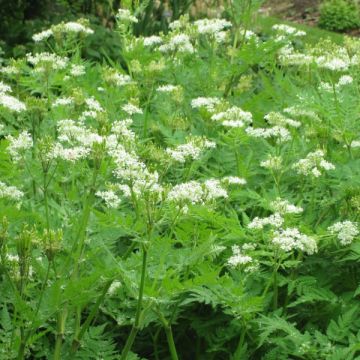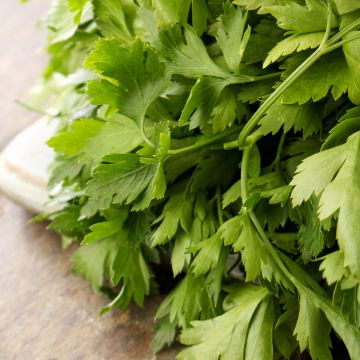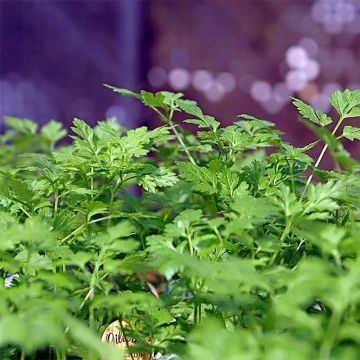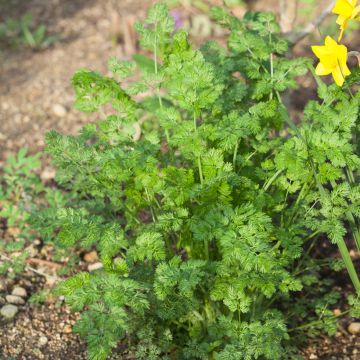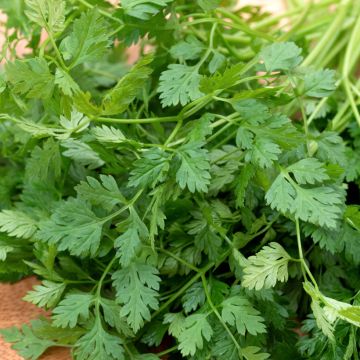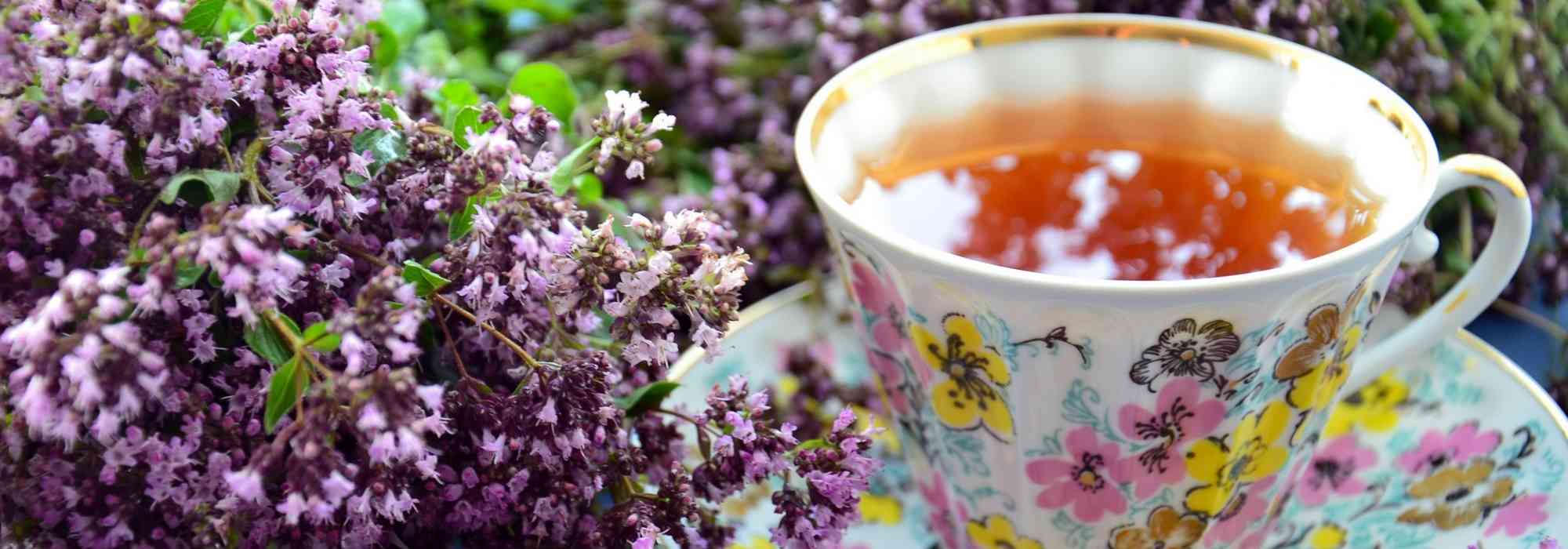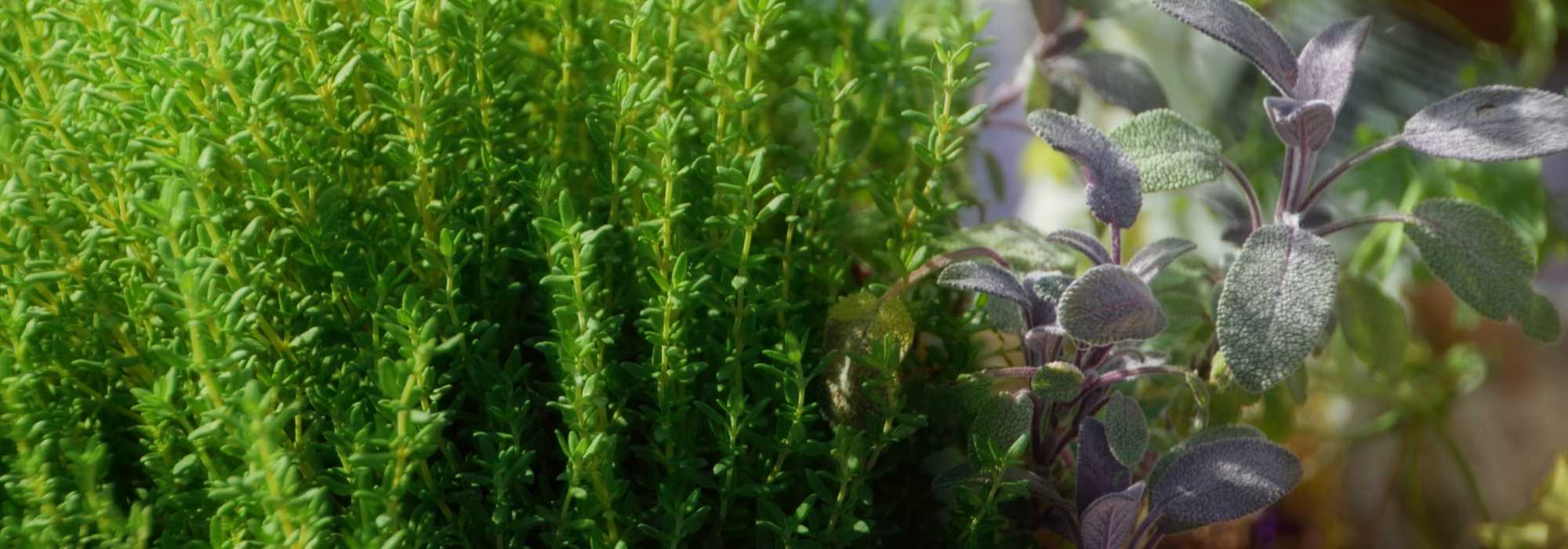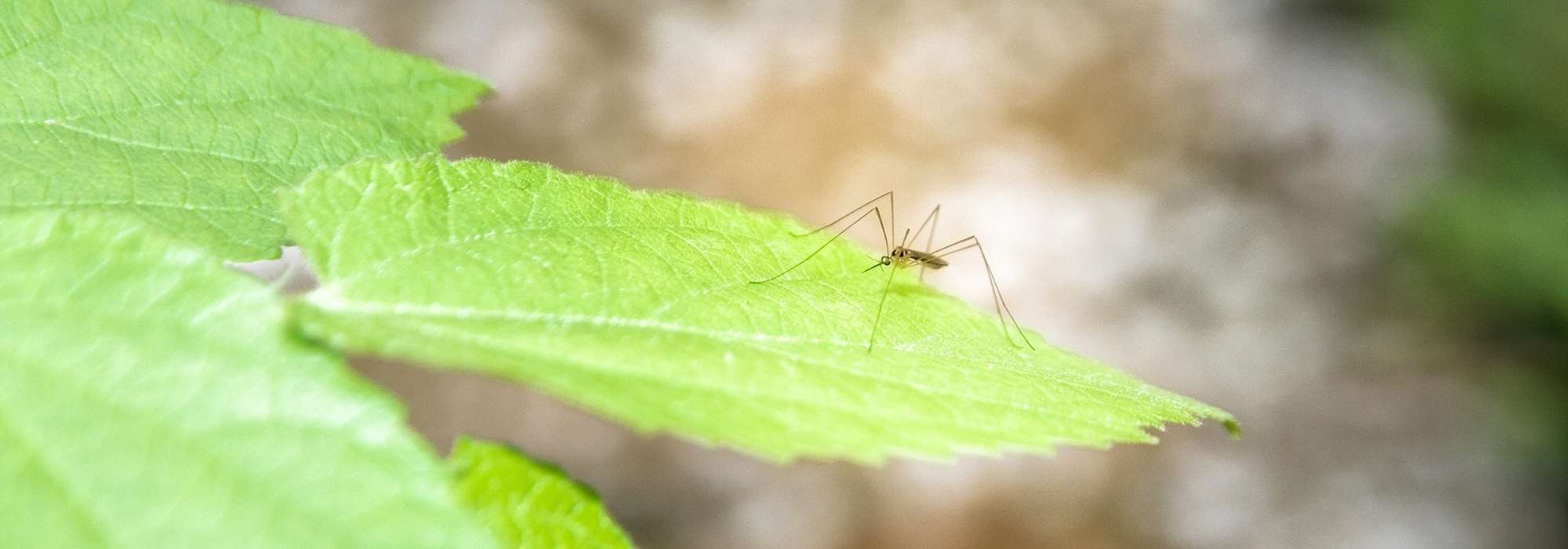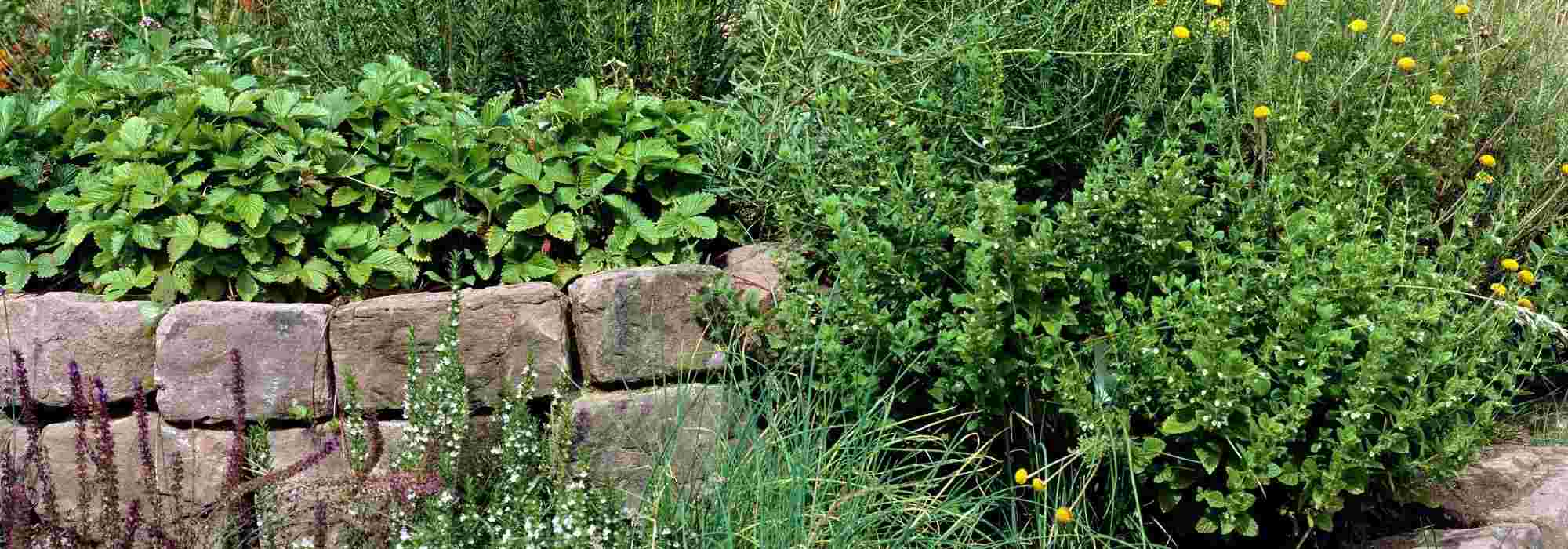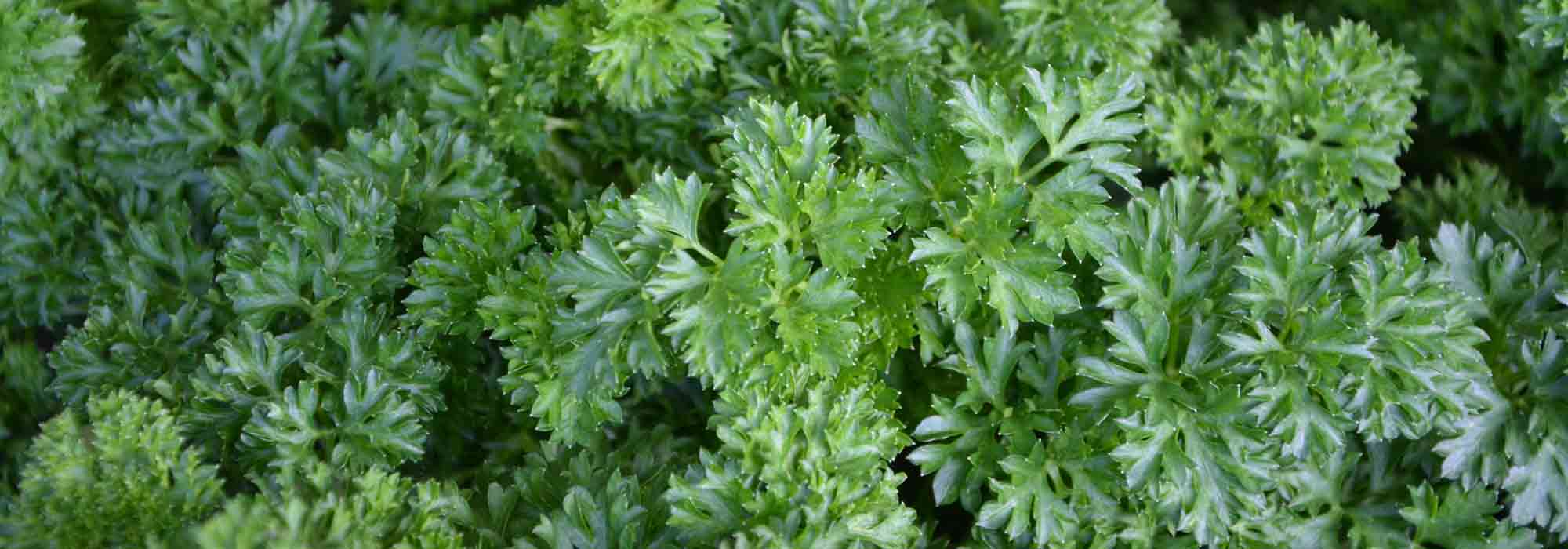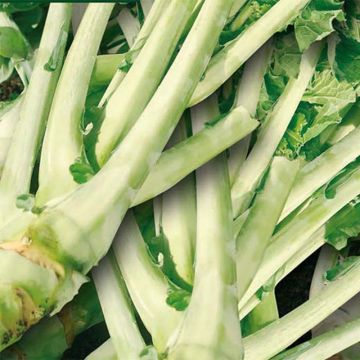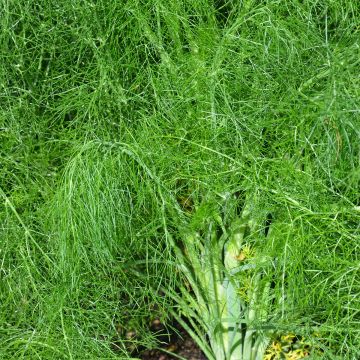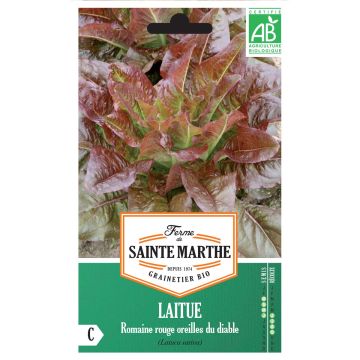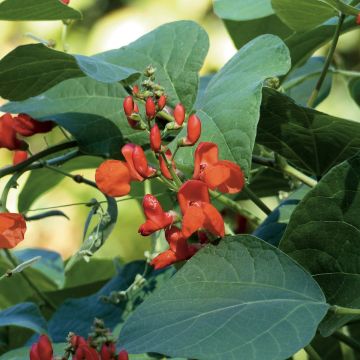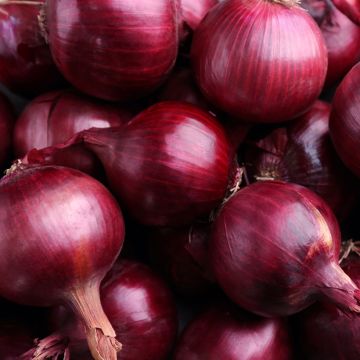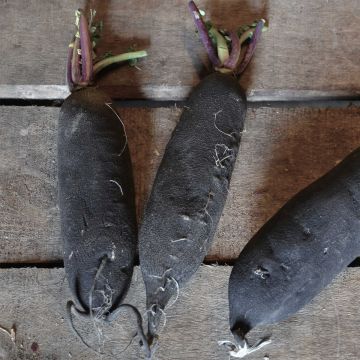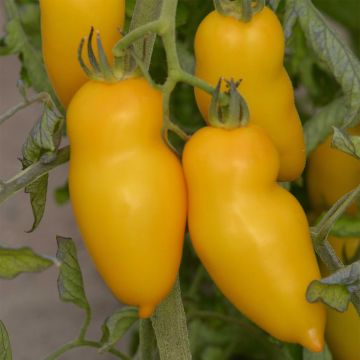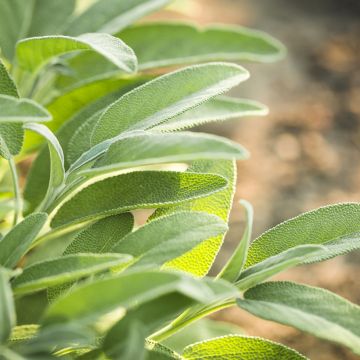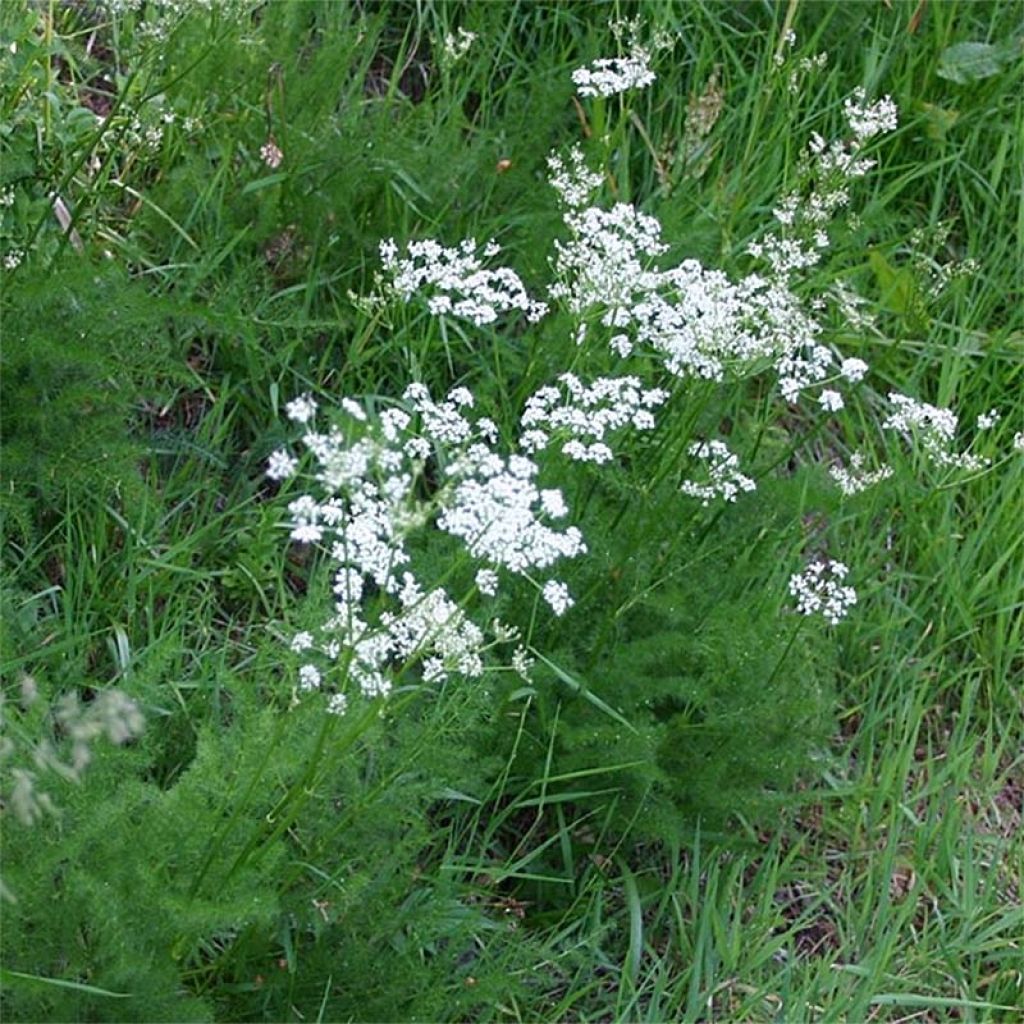

Meum athamanticum
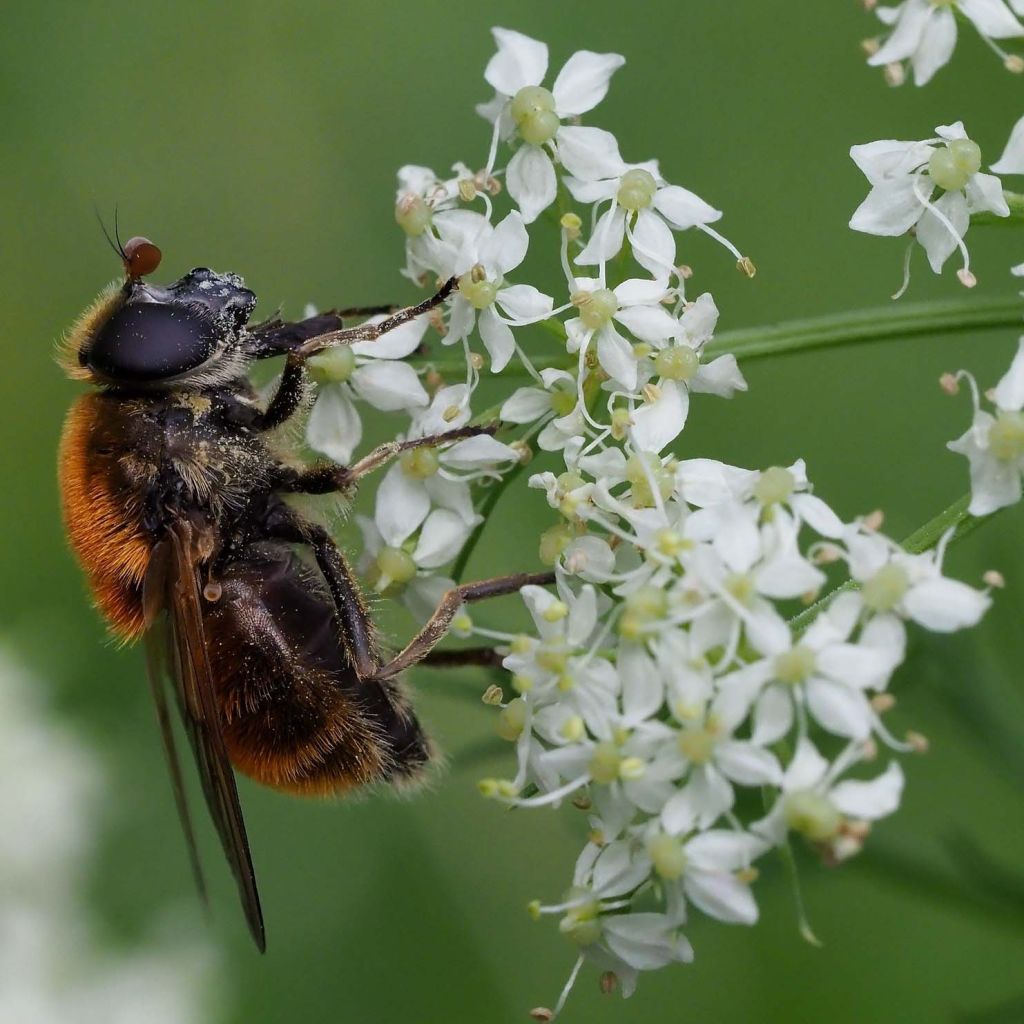

Meum athamanticum
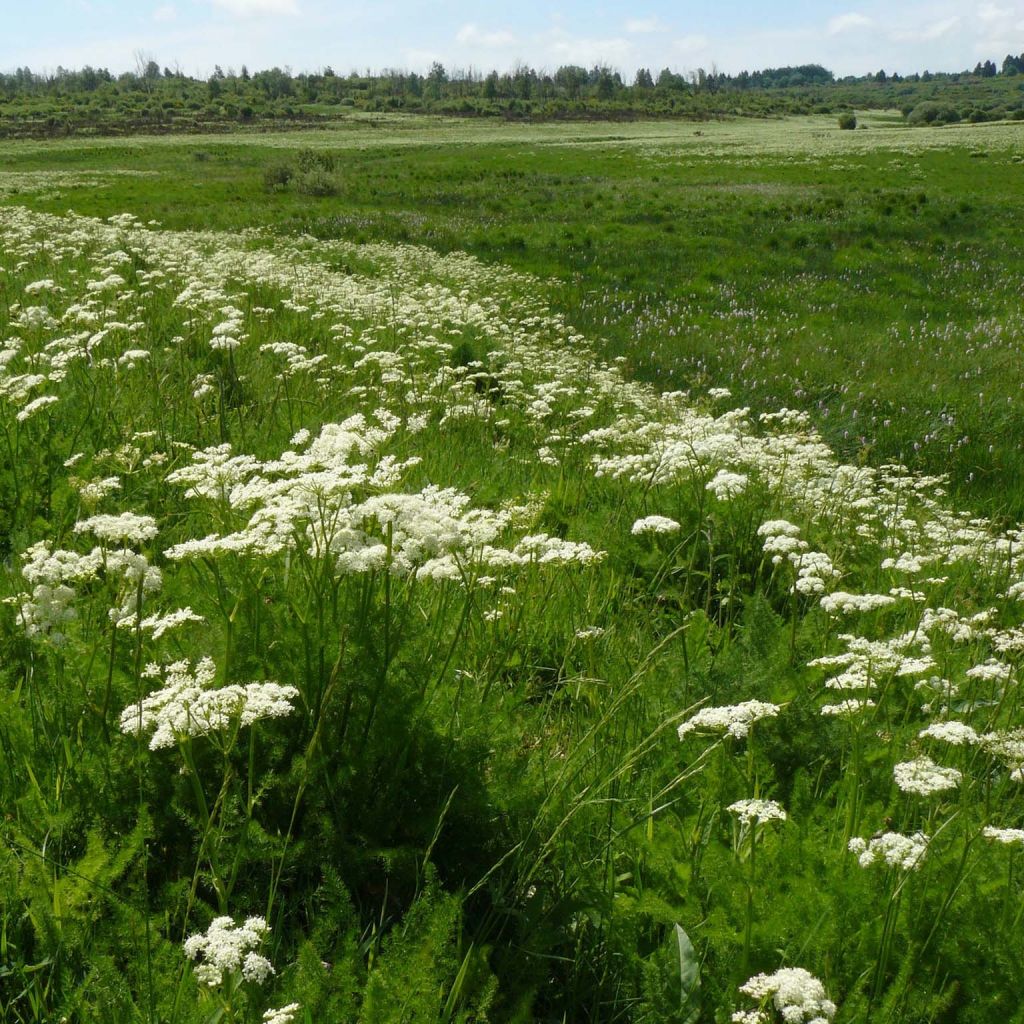

Meum athamanticum
Meum athamanticum
Meum athamanticum
Bald Money, Bearwort, Beast's wort, Meu, Mew, Spignel, Spiknel
Hello, It appears that the plant you sent me is actually a Spike. (Name obtained using the SEEK app). Have you received any feedback from other customers? I have taken some photos for your reference, if needed. Best regards.
Claude, 10/06/2023
Special offer!
Receive a €20 voucher for any order over €90 (excluding delivery costs, credit notes, and plastic-free options)!
1- Add your favorite plants to your cart.
2- Once you have reached €90, confirm your order (you can even choose the delivery date!).
3- As soon as your order is shipped, you will receive an email containing your voucher code, valid for 3 months (90 days).
Your voucher is unique and can only be used once, for any order with a minimum value of €20, excluding delivery costs.
Can be combined with other current offers, non-divisible and non-refundable.
Home or relay delivery (depending on size and destination)
Schedule delivery date,
and select date in basket
This plant carries a 12 months recovery warranty
More information
We guarantee the quality of our plants for a full growing cycle, and will replace at our expense any plant that fails to recover under normal climatic and planting conditions.
Does this plant fit my garden?
Set up your Plantfit profile →
Description
Meum athamanticum is a highly aromatic perennial wild plant well known to alpine meadow surveyors under its names chervil or alpine fennel. Its finely cut foliage with a powerful spicy scent and its tufted habit resemble fennel, and its flowering in white umbels reminds us that this perennial belongs to the same family. Hardy, robust and carefree, alpine chervil has its rightful place in mountain gardens, wild or curated, where it can self-seed. Like fennel, the plant is sometimes used in herbal medicine for its digestive properties.
Meum athamanticum, also known as cistus, false athamante or mountain fennel, belongs to the Apiaceae family, just like wild carrot, parsley, and celery. It is found in mountainous regions of Western and Central Europe, from Italy to Scandinavia, passing through France (Alps, Limousin, Ardèche) and the highest massifs of the Belgian Ardennes. It is found in meadows, in siliceous (poor and non-calcareous) soil, up to an altitude of 1400m (4593ft).
Alpine chervil is a perennial with thick, fibrous underground stems. It is highly aromatic. It is deciduous, with above-ground vegetation dying in winter and regenerating in spring. It forms a dense tuft measuring 40 to 60cm (16 to 24in) in all directions, depending on soil fertility. The stems are hollow, bearing leaves divided into small, very fine, thread-like strips, which are dark green in colour. The overall appearance gives a beautiful airy aspect to the vegetation. Flowering occurs from June to August. It takes the form of flattened cream-white umbels, slightly tinged with pink on the periphery, composed of very small flowers and measuring 5 to 8cm (2 to 3in) in diameter. They are popular with bees. After pollination, oblong fruits with prominent ridges form, measuring 6 to 8mm in length.
Meum athamanticum prefers non-calcareous, slightly clayey and not too dry soils. Under these conditions, it is a very robust and carefree plant. It can be planted in a sunny bed, a not too dry rockery, or in a flower meadow. This plant is valuable for bees, and the gardener will appreciate the airy aspect of its vegetation to lighten heavier perennials. In a flower meadow, it can accompany centaureas, annual poppies, nigellas, cosmos, Ammi visnaga, ornamental carrot Dara or thistles, for example.
Meum athamanticum in pictures


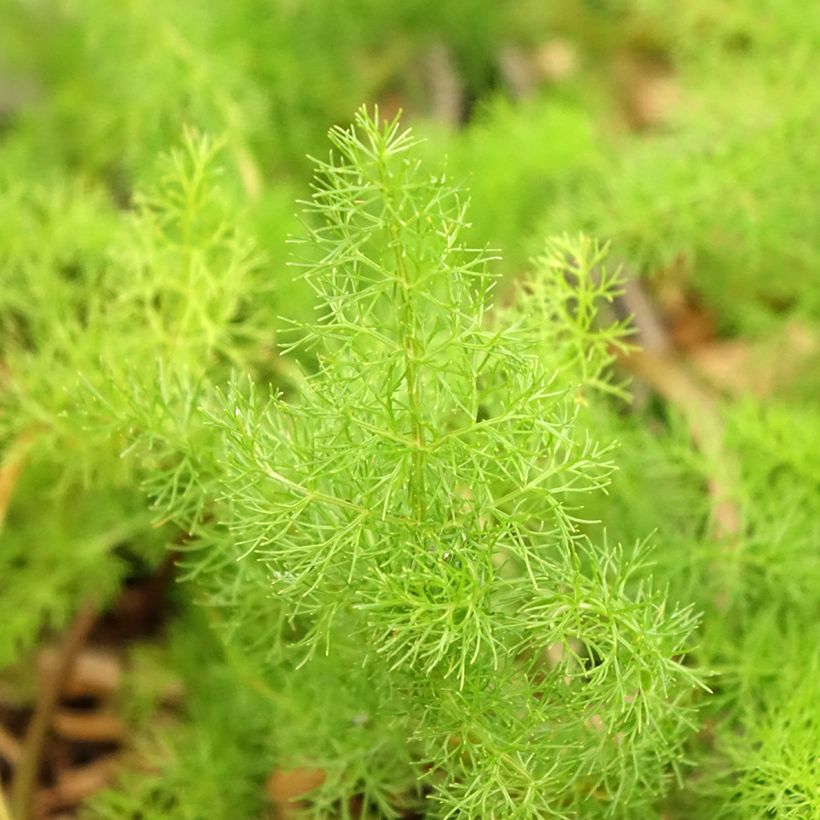



Flowering
Foliage
Plant habit
Botanical data
Meum
athamanticum
Apiaceae
Bald Money, Bearwort, Beast's wort, Meu, Mew, Spignel, Spiknel
Alps
Other Chervil
View all →Planting and care
It can be sown in autumn or spring in preferably non-calcareous well-drained soil that is not too rich and not too dry in summer. Plant it in full sun, spaced 50cm (20in) apart in all directions. Water regularly in dry weather. Remove any unwanted seedlings if necessary. You can prune the dry stems in late winter. It is a very hardy plant that requires very little maintenance where it thrives.
Planting period
Intended location
Care
Planting & care advice
-
, onOrder confirmed
Reply from on Promesse de fleurs
Similar products
Haven't found what you were looking for?
Hardiness is the lowest winter temperature a plant can endure without suffering serious damage or even dying. However, hardiness is affected by location (a sheltered area, such as a patio), protection (winter cover) and soil type (hardiness is improved by well-drained soil).

Photo Sharing Terms & Conditions
In order to encourage gardeners to interact and share their experiences, Promesse de fleurs offers various media enabling content to be uploaded onto its Site - in particular via the ‘Photo sharing’ module.
The User agrees to refrain from:
- Posting any content that is illegal, prejudicial, insulting, racist, inciteful to hatred, revisionist, contrary to public decency, that infringes on privacy or on the privacy rights of third parties, in particular the publicity rights of persons and goods, intellectual property rights, or the right to privacy.
- Submitting content on behalf of a third party;
- Impersonate the identity of a third party and/or publish any personal information about a third party;
In general, the User undertakes to refrain from any unethical behaviour.
All Content (in particular text, comments, files, images, photos, videos, creative works, etc.), which may be subject to property or intellectual property rights, image or other private rights, shall remain the property of the User, subject to the limited rights granted by the terms of the licence granted by Promesse de fleurs as stated below. Users are at liberty to publish or not to publish such Content on the Site, notably via the ‘Photo Sharing’ facility, and accept that this Content shall be made public and freely accessible, notably on the Internet.
Users further acknowledge, undertake to have ,and guarantee that they hold all necessary rights and permissions to publish such material on the Site, in particular with regard to the legislation in force pertaining to any privacy, property, intellectual property, image, or contractual rights, or rights of any other nature. By publishing such Content on the Site, Users acknowledge accepting full liability as publishers of the Content within the meaning of the law, and grant Promesse de fleurs, free of charge, an inclusive, worldwide licence for the said Content for the entire duration of its publication, including all reproduction, representation, up/downloading, displaying, performing, transmission, and storage rights.
Users also grant permission for their name to be linked to the Content and accept that this link may not always be made available.
By engaging in posting material, Users consent to their Content becoming automatically accessible on the Internet, in particular on other sites and/or blogs and/or web pages of the Promesse de fleurs site, including in particular social pages and the Promesse de fleurs catalogue.
Users may secure the removal of entrusted content free of charge by issuing a simple request via our contact form.
The flowering period indicated on our website applies to countries and regions located in USDA zone 8 (France, the United Kingdom, Ireland, the Netherlands, etc.)
It will vary according to where you live:
- In zones 9 to 10 (Italy, Spain, Greece, etc.), flowering will occur about 2 to 4 weeks earlier.
- In zones 6 to 7 (Germany, Poland, Slovenia, and lower mountainous regions), flowering will be delayed by 2 to 3 weeks.
- In zone 5 (Central Europe, Scandinavia), blooming will be delayed by 3 to 5 weeks.
In temperate climates, pruning of spring-flowering shrubs (forsythia, spireas, etc.) should be done just after flowering.
Pruning of summer-flowering shrubs (Indian Lilac, Perovskia, etc.) can be done in winter or spring.
In cold regions as well as with frost-sensitive plants, avoid pruning too early when severe frosts may still occur.
The planting period indicated on our website applies to countries and regions located in USDA zone 8 (France, United Kingdom, Ireland, Netherlands).
It will vary according to where you live:
- In Mediterranean zones (Marseille, Madrid, Milan, etc.), autumn and winter are the best planting periods.
- In continental zones (Strasbourg, Munich, Vienna, etc.), delay planting by 2 to 3 weeks in spring and bring it forward by 2 to 4 weeks in autumn.
- In mountainous regions (the Alps, Pyrenees, Carpathians, etc.), it is best to plant in late spring (May-June) or late summer (August-September).
The harvesting period indicated on our website applies to countries and regions in USDA zone 8 (France, England, Ireland, the Netherlands).
In colder areas (Scandinavia, Poland, Austria...) fruit and vegetable harvests are likely to be delayed by 3-4 weeks.
In warmer areas (Italy, Spain, Greece, etc.), harvesting will probably take place earlier, depending on weather conditions.
The sowing periods indicated on our website apply to countries and regions within USDA Zone 8 (France, UK, Ireland, Netherlands).
In colder areas (Scandinavia, Poland, Austria...), delay any outdoor sowing by 3-4 weeks, or sow under glass.
In warmer climes (Italy, Spain, Greece, etc.), bring outdoor sowing forward by a few weeks.






























